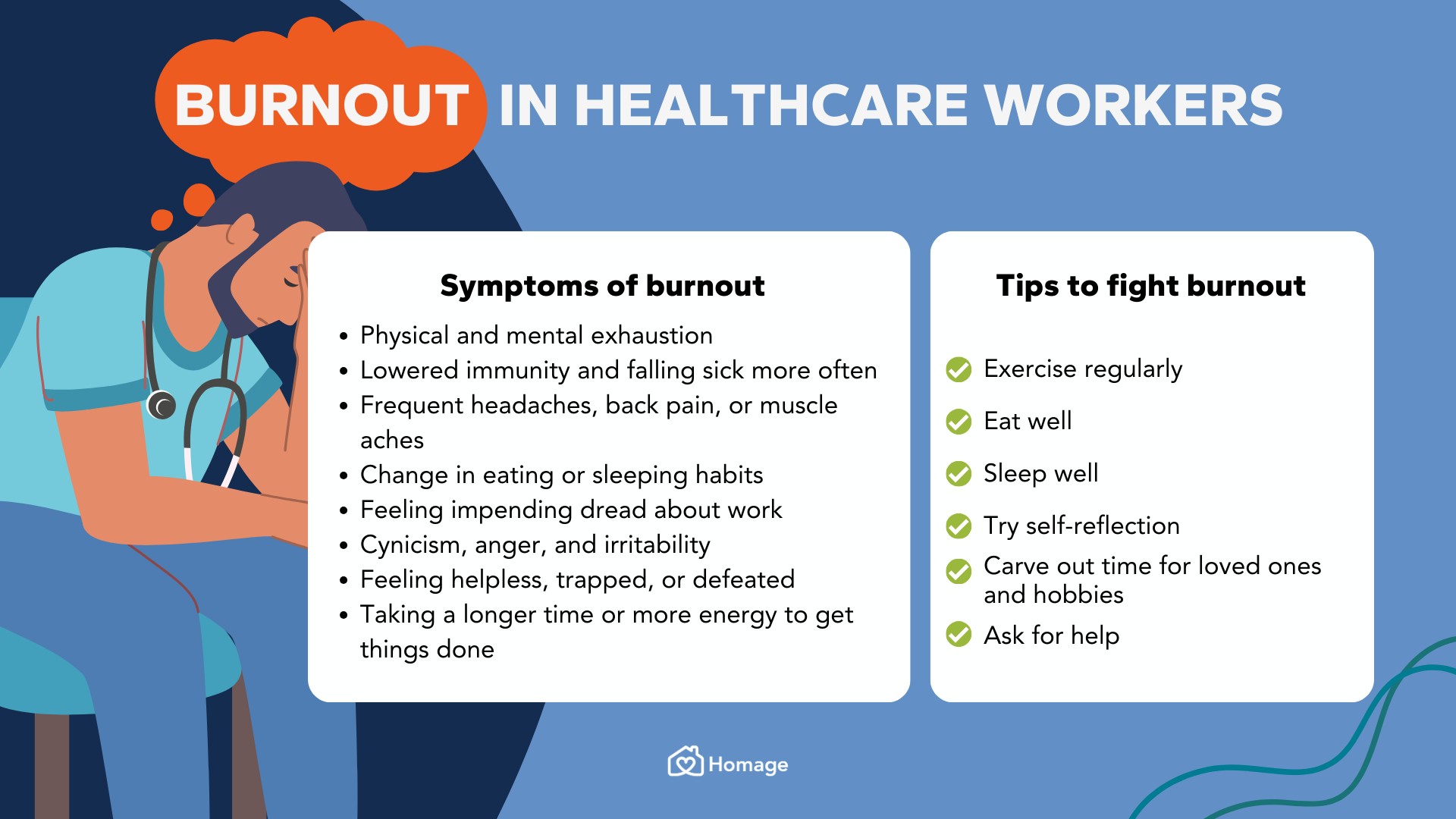The decade of the thirties often ushers in a unique blend of responsibilities and opportunities. Careers are typically gaining momentum, families might be growing, and personal aspirations are often taking more concrete shape. Amidst this whirlwind of activity, it can be easy to relegate personal health to the back burner, viewing it as a luxury rather than a fundamental pillar supporting all other endeavors. However, the truth is that your thirties are a pivotal time to establish or reinforce healthy habits that will profoundly influence your well-being for decades to come. Neglecting health now can lead to more significant challenges down the line, whereas proactive care can set the stage for a vibrant, energetic, and productive future.
One of the cornerstones of maintaining health in your thirties is a consistent and thoughtful approach to nutrition. The metabolism often begins to slow slightly during this decade, meaning that dietary choices that might have gone unnoticed in your twenties can now have a more pronounced impact on weight and overall energy levels. Focusing on nutrient-dense foods, such as lean proteins, whole grains, a wide array of fruits and vegetables, and healthy fats, becomes paramount. This isn’t about restrictive dieting; rather, it’s about making conscious choices that fuel your body efficiently. For example, opting for a homemade lunch packed with vegetables and grilled chicken instead of a heavy, processed takeout meal can make a significant difference over time. Similarly, being mindful of portion sizes and limiting sugary drinks and highly processed snacks can help prevent the insidious creep of extra pounds and the associated health risks. Hydration, often overlooked, also plays a crucial role; ensuring adequate water intake throughout the day supports everything from cognitive function to energy levels.
Beyond nutrition, regular physical activity is non-negotiable for thriving in your thirties. While the boundless energy of youth might be somewhat tempered, this decade offers a prime opportunity to integrate sustainable fitness routines into your life. The focus should shift from merely looking good to feeling good and building long-term functional strength and cardiovascular health. This could mean anything from committing to three to five strength training sessions a week to incorporating daily brisk walks or jogs into your routine. Perhaps you find joy in cycling, swimming, or playing team sports. The key is to discover activities you genuinely enjoy, making adherence more likely. Even with a demanding professional schedule, carving out dedicated time for movement is an investment in your productivity and mental clarity. For instance, a 30-minute power walk during a lunch break can effectively break up a sedentary workday, boost mood, and improve focus for the afternoon’s tasks.
Equally important, and perhaps increasingly challenging in the fast-paced modern world, is prioritizing mental and emotional well-being. The thirties can bring increased professional pressure, financial responsibilities, and sometimes the complexities of raising a family, all of which can contribute to stress. Developing effective coping mechanisms is crucial. This might involve setting aside time for hobbies that bring you joy, practicing mindfulness or meditation, ensuring adequate sleep, or simply dedicating moments each day to quiet reflection. Building and nurturing strong social connections also plays a vital role in mental health. Regular interaction with friends and family provides a crucial support system and can act as a buffer against stress and feelings of isolation. For example, scheduling a weekly virtual coffee chat with a distant friend or committing to a regular family dinner can provide invaluable emotional ballast amidst life’s demands.
Preventive healthcare also takes on heightened significance in your thirties. This is the decade to establish a routine of regular check-ups with your primary care physician, not just when something feels wrong. These appointments are opportunities to monitor blood pressure, cholesterol levels, and blood sugar, catch potential issues early, and discuss any emerging health concerns. It’s also the time to ensure you are up to date on all recommended screenings and vaccinations. For women, this includes regular gynecological check-ups, and for everyone, being vigilant about skin changes and maintaining good dental hygiene are critical. Think of these check-ups as routine maintenance for your most important asset – your body. Just as you wouldn’t neglect servicing your car, your body deserves consistent professional attention to ensure it runs optimally.
Ultimately, staying healthy in your thirties is about cultivating a holistic approach to well-being that recognizes the interconnectedness of physical, mental, and emotional health. It’s about moving from reactive care to proactive prevention, building habits that are sustainable, and recognizing that investing in your health now is one of the smartest professional and personal decisions you can make. By making conscious choices about nutrition, embracing regular physical activity, nurturing your mental well-being, and committing to preventive healthcare, you lay a robust foundation for a life filled with energy, resilience, and the capacity to fully embrace all the opportunities that lie ahead.





